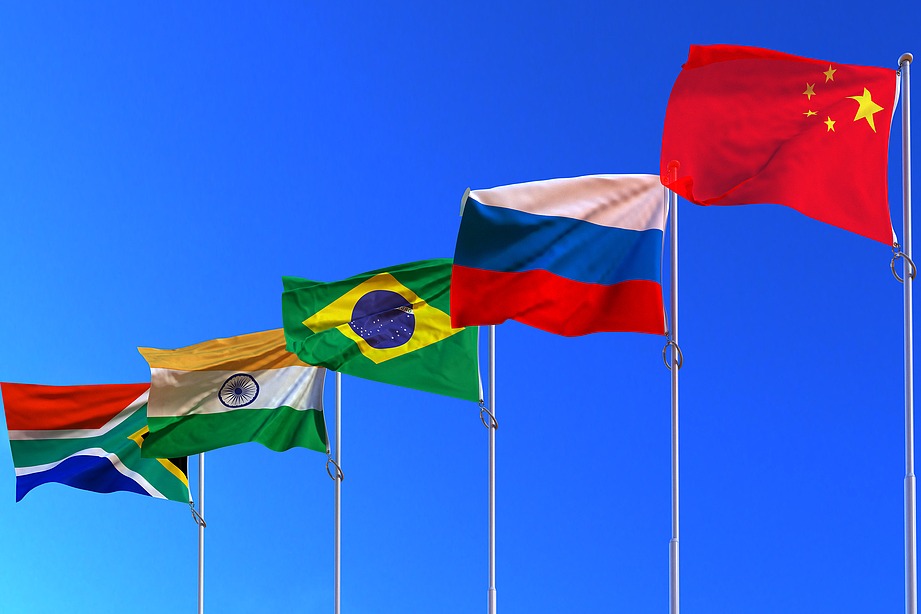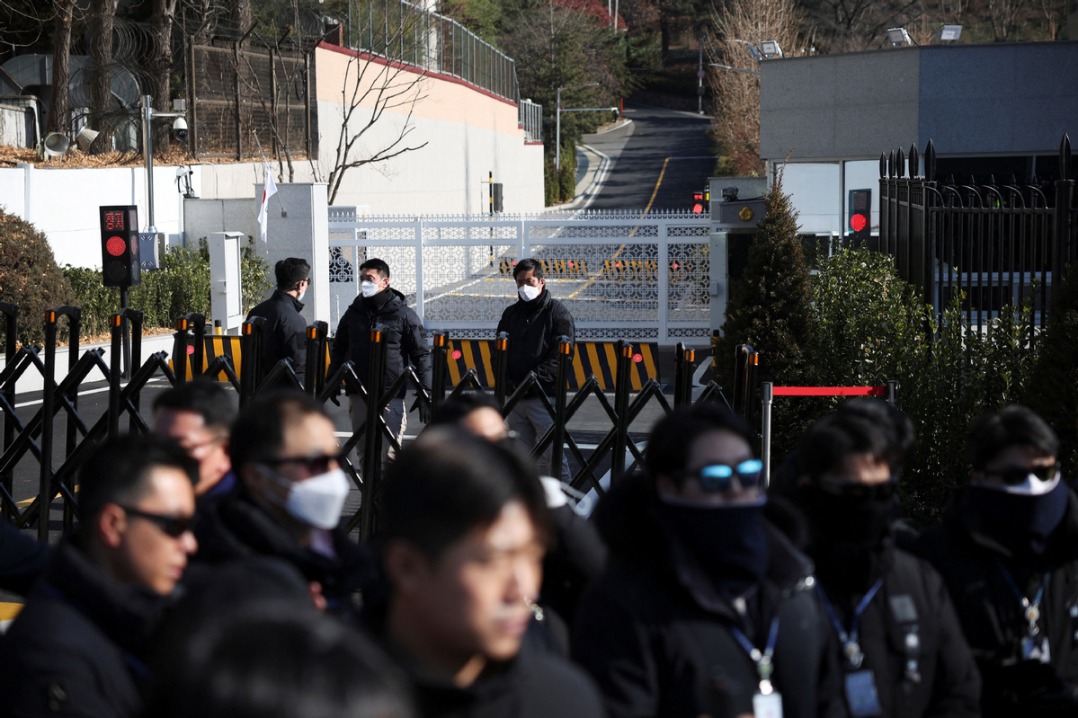China's modernization has benefited world: Diplomat

China's continued path to modernization will not only boost global trade but also foster mutual understanding between the world and China, a retired senior diplomat says.
Abdul Majid Ahmad Khan, president of the Malaysia-China Friendship Association and former Malaysian ambassador to China, said that since China's opening-up policy was launched more than 40 years ago, Chinese modernization has benefited the global community.
"First, we came to understand China better. Because for us, before (opening-up), China was quite mysterious," Abdul Majid explained. However, as China engages more with the world through its opening-up, the world's understanding of China deepens, and vice versa, he added.
This engagement has led to increased cultural and trade exchanges between China and countries worldwide, he said.
"So there's a mutual benefit, and I think another benefit that we gain is China's rise economically. China has been a big market," he said, alluding to the country's rise to the world's second-largest economy.
He expects such a trajectory to continue as the People's Republic of China celebrates its 75th founding anniversary this year and moves to advance modernization. He credits the Communist Party of China for "its willingness to engage with the external world".
The CPC leadership has created a new China in terms of development, prosperity and the positive global effect China has made and will continue to make, he said.
The Party has a very strategic vision and knows very well the needs and desires of the Chinese people, he said.
In his keynote address at the CPC in Dialogue with World Political Parties High-Level Meeting in March last year, Xi Jinping, general secretary of the CPC Central Committee, said Chinese modernization is one of a huge population, of common prosperity for all, of material and cultural-ethical advancement, of harmony between humanity and nature, and of peaceful development.
"It is rooted in our national conditions and also draws on the experience of other countries," Xi said.
In July, the third plenary session of the 20th CPC Central Committee adopted a resolution on further deepening reform comprehensively to advance Chinese modernization. It includes measures to build a high-standard socialist market economy, promote high-quality economic development, advance whole-process people's democracy, improve the people's quality of life and accelerate green transition.
Abdul Majid said modernization is "not totally a Western concept".While China has looked at "external elements", its path to modernization is ultimately based on local conditions and Chinese characteristics, taking into account factors such as its civilization, culture, population density and regional inequalities.
Chinese modernization is not only about "material development, but is also value-driven", with an emphasis on socioeconomic progress, he said.
"Many countries are also looking at the China model," he said, adding that other countries can learn from China's success. He cited his country, Malaysia, and what it has learned from its neighbor and biggest trading partner.
"Malaysia has benefited from China's modernization because we were one of the earliest countries to respond to China's opening-up policy," he said, adding that Malaysia recognizes the economic opportunities presented by this policy, which has contributed to the growth of bilateral trade over the years.
Strengthened ties
This year marks the 50th anniversary of diplomatic relations between China and Malaysia. Bilateral ties have been strengthened not only by geographical proximity but also by robust economic connections. China continues to be a big market for Malaysia's exports, a trend that persisted even during the COVID-19 pandemic.
A March report by the ISEAS-Yusof Ishak Institute said Malaysia's trade relations with China accelerated after the latter acceded to the World Trade Organization in 2001. Chinese investments in Malaysia surged between 2015 and 2017, and have continued to grow since 2019.
On June 19, Chinese Premier Li Qiang and Malaysian Prime Minister Anwar Ibrahim attended the groundbreaking ceremony of the East Coast Rail Link as part of the celebrations of their 50-year relationship. This railway, which links the west and east coasts of Peninsular Malaysia, is a flagship project of China-Malaysia high-quality Belt and Road collaboration.
Additionally, both countries have implemented mutual visa exemptions to promote people-to-people exchanges.
Abdul Majid said that apart from economic gains, Malaysia has also learned values shared by the Chinese with the world.
"There's a lot of emphasis on sharing, on caring for the neighbors and also what China today thinks, that it should benefit not only China but also neighboring countries," he said.
The veteran diplomat has witnessed how such exchanges benefit both countries. After retiring in 2005 from a long career in foreign service, he continued to promote China-Malaysia relations, including working with the Chinese People's Association for Friendship with Foreign Countries.
His organization, the Malaysia-China Friendship Association, aims to foster understanding between the two countries through people-to-people exchanges.

































